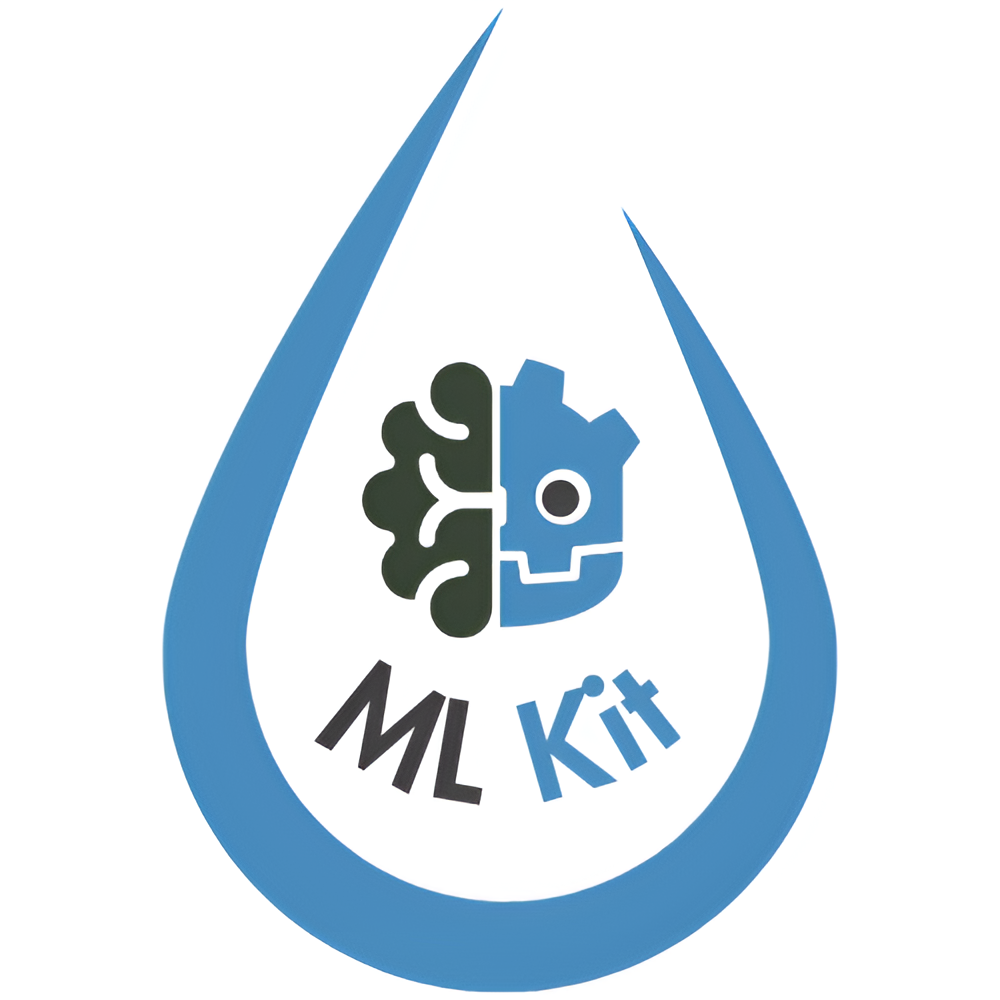
Publisher
ihunter
MLGodotKit
MLGodotKit is a lightweight machine learning toolkit for Godot, designed specifically for game developers. It introduces new node classes through C++ bindings, enabling in-engine training and inference for simple models. Currently supported models include a Linear Regression node for basic numerical predictions, a Classification Tree node for rule-based decision making, and a Neural Network node for nonlinear classification using ReLU and Sigmoid activations. This extension is ideal for proto...
This plugin has been mirrored from the Godot Asset Library.
The plugin author is in no way affiliated with Gadget.
If you are the author of this plugin and would like this mirror removed, please contact support@gadgetgodot.com.
MLGodotKit
Empower your Godot projects with the power of machine learning!
MLGodotKit is a C++ GDExtension for Godot, enabling seamless integration of AI-driven features into your games and applications. With support for adaptive behaviors and real-time decision-making, it’s designed to inspire innovation and enhance gameplay.
🎉 New Feature: WebAssembly Support
WebAssembly (WASM) binaries have been added to the project to enable web-based game development.
You can now build and run your game directly in the browser using Godot's Web export.
Play the Web Demo:
Launch Game in Browser
📁 The exported web build is located at:examples/NNPong/web/
📘 Learn how to compile GDExtensions for the Web:
Godot Docs – Compiling for Web
Node Extensions in Progress
- Data Science Tooling: Tools for preprocessing, analyzing, and visualizing data directly in Godot.
- Deep Learning Integration: Simplified nodes for building and deploying neural networks.
- Cross-Platform Compatibility: Fully supported on Windows, Linux, and macOS.
LIMITATIONS
Please note that this is a work in process pet project of mine and as such will come with a few bugs. If you enjoy the project and want to support please open an issue for desired features or bug fixes!
Next Features to be added:
A linear layer for the Neural Network Model for regression based predictions- A robust collection of popular loss functions for out of the box use cases
- More supervised and unsupervised model implementations
- If you'd like to see something else add an issue!
Getting Started
Here are quick examples of how to use the three core models in MLGodotKit:
All models are GDExtension nodes and can be used directly in any Godot scene or script.
Linear Regression (LRNode)
@onready var lr_model = LRNode.new()
func _ready():
lr_model.set_learning_rate(0.01)
lr_model.initialize(1)
# Simple linear dataset: y = 3x + 5
var inputs = [[1], [2], [3]]
var targets = [[8], [11], [14]]
lr_model.train(inputs, targets, 1000)
var prediction = lr_model.predict([4])
print("Predicted y for x=4:", prediction)
Descision Tree Classifier (DTreeNode)
@onready var tree = DTreeNode.new()
func _ready():
tree.set_max_depth(5)
tree.fit([[1], [2], [3], [10], [11], [12]], [0, 0, 0, 1, 1, 1])
var result = tree.predict([[2], [11]])
print("Predictions:", result) # [0, 1]
Neural Network (NNNode)
Note: All loss functions are left to the user to implement please see examples for suggested implementation will be implemented natively at a later date.
@onready var nn = NNNode.new()
func _ready():
nn.set_learning_rate(0.1)
nn.add_layer(2, 4, "relu")
nn.add_layer(4, 1, "sigmoid")
var inputs = [[0,0], [0,1], [1,0], [1,1]]
var targets = [[0], [1], [1], [0]] # XOR logic
for i in range(5000):
for j in range(inputs.size()):
var y_pred = nn.forward([inputs[j]])[0]
var error = y_pred - targets[j][0]
nn.backward([[2.0 * error]])
print("Test XOR:")
for i in range(inputs.size()):
var output = nn.forward([inputs[i]])
print("Input:", inputs[i], " Predicted:", output, "Expected:", targets[i])
Credits
Built on the powerful Eigen C++ library.